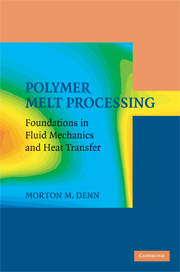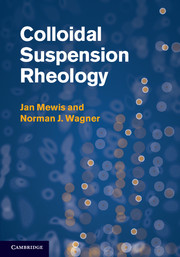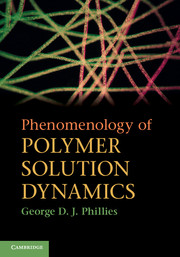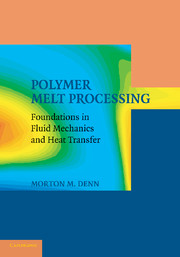Chemical Engineering
'Chemical engineering is the field of applied science that employs physical, chemical, and biological rate processes for the betterment of humanity'. This opening sentence of Chapter 1 has been the underlying paradigm of chemical engineering. Chemical Engineering: An Introduction is designed to enable the student to explore the activities in which a modern chemical engineer is involved by focusing on mass and energy balances in liquid-phase processes. Problems explored include the design of a feedback level controller, membrane separation, hemodialysis, optimal design of a process with chemical reaction and separation, washout in a bioreactor, kinetic and mass transfer limits in a two-phase reactor, and the use of the membrane reactor to overcome equilibrium limits on conversion. Mathematics is employed as a language at the most elementary level. Professor Morton M. Denn incorporates design meaningfully; the design and analysis problems are realistic in format and scope.
- Provides a modern overview of chemical engineering
- Includes vignettes on chemical engineering careers
- Examples reflect new range of ChE activity
- Complete solutions manual available
Reviews & endorsements
"Denn’s book is a compact introduction to material and energy balances that gives a flavor for the kinds of problems with which chemical engineers grapple."
John H. Seinfeld, AiChE Journal
"If your students are well-prepared, the text provides a well-structured framework to explore the fundamentals of chemical engineering analysis and to give an overview of the breadth of opportunities that lie ahead for chemical engineers."
David L. Silverstein, Chemical Engineering Education
Product details
November 2011Adobe eBook Reader
9781139142960
0 pages
0kg
104 b/w illus. 38 tables 87 exercises
This ISBN is for an eBook version which is distributed on our behalf by a third party.
Table of Contents
- Preface
- 1. Introduction
- 2. Basic concepts of analysis
- 3. The balance equation
- 4. Component mass balances
- 5. Membrane separation
- 6. Reacting systems
- 7. Designing reactors
- 8. Bioreactors and nonlinear systems
- 9. Overcoming equilibrium
- 10. Two-phase systems and interfacial mass transfer
- 11. Equilibrium staged processes
- 12. Energy balances
- 13. Heat exchange
- 14. Energy balances for multi-component systems
- 15. Energy balances for reacting systems.







